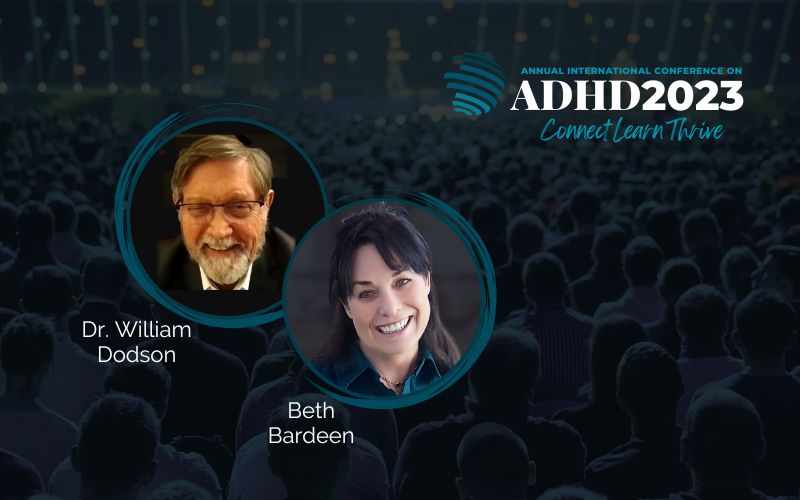ADHD & RSD can make sense - you just need the
right map
ADHD and RSD aren’t just about how you think – they affect how you sense and respond to the world. Once you understand what’s happening in your brain and body, everything changes. If you’re tired of the stigma, the self-doubt, and the “just try harder” advice, you’re in the right place.
Check out recent presentations, guides, and resources to get you started.
No results available


Meet Beth
Hey there! I'm Beth.
I'm a neurodiversity advocate and consultant here to help smooth the path of your ADHD journey.
As someone who has lived with neurodiversity my entire life, I understand the challenges and opportunities that come with it. That’s why I’m here to offer my support and help you find the right tools and support to navigate challenges and tap into your hidden strengths with confidence. Let’s work together to discover the power of you.
What is Neurodiversity?
Neurodiversity means everyone thinks and processes
differently.
Everyone thinks differently, which is good. Plenty of research says so. But, until everyone gets on board and up-to-speed, the power of neurodiverse thinking is hidden under myths and stigma. We create differently, work differently and behave differently. And we ALWAYS feel differently. We look like everyone else, but we are very different on the inside. These differences are worth getting to know.
Rejection Sensitive Dysphoria
When ADHD meets
emotionality
Rejection Sensitive Dysphoria
When ADHD meets
emotionality
Rejection Sensitive Dysphoria (RSD) affects most people with ADHD, yet it’s rarely discussed. For many, emotional experiences aren’t just intense—they’re overwhelming. RSD is more than just feeling rejected; it’s an acute sensitivity that can affect every aspect of your life. Without understanding, many struggle in silence, but RSD isn’t a character flaw—it’s a neurological response. Here’s what makes RSD unique:
- Intense emotional responses to criticism
- Deep feelings of not being 'good enough'
- Anticipatory anxiety about potential rejection
- Difficulty bouncing back from social setbacks
- Tendency to withdraw from social situations
- Pattern of overcompensating in relationships






There is strength in recognizing and welcoming
everyone's talents.
#AccoladesforAll







